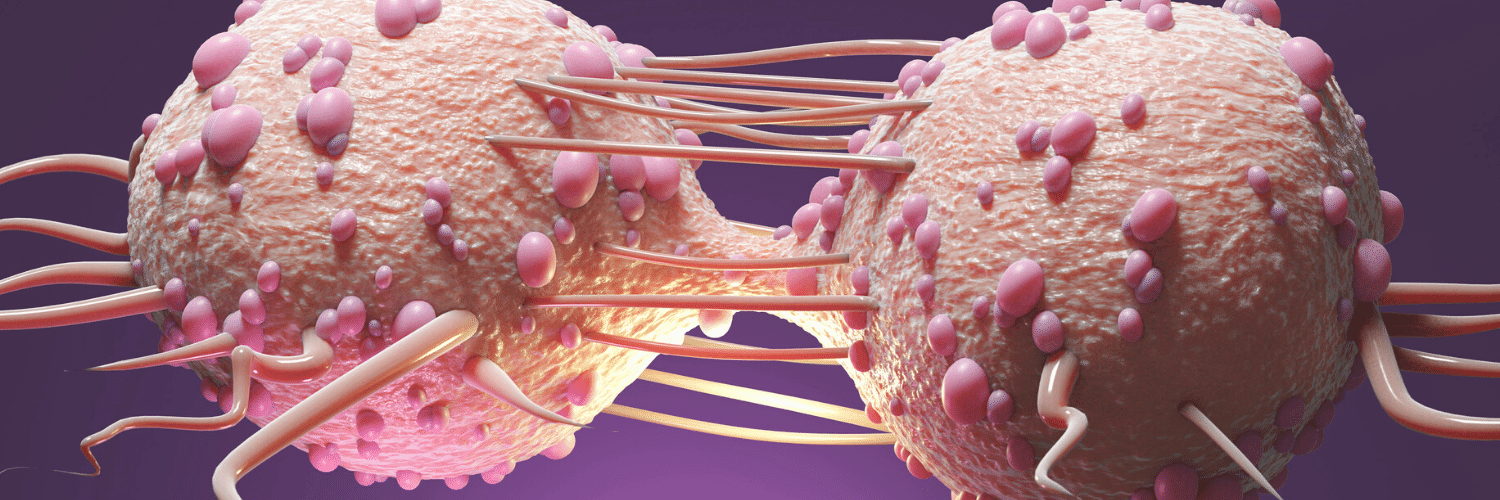
- 1 Comment
- PRMA Plastic Surgery
What’s the link between breast implants and cancer?
In 2011, the FDA announced a possible association between breast implants and the development of breast implant associated anaplastic large cell lymphoma (BIA-ALCL). This is a cancer of the immune system that develops in the scar capsule around the implant, not a true breast cancer.
The FDA now believes patients with textured breast implants have a very low risk of developing BIA-ALCL. In fact, the lifetime risk of developing this cancer from an implant is believed to be between 1 in 1,000 and 1 in 30,000. More aggressively textured implants appear to be associated with a higher risk than less aggressively textured implants.
So, what should you do if you are a patient with textured implants or are considering getting implants?
- Educate yourself. There are many different types of implants that are FDA approved in the United States. They range in shape, filling and texture.
- Discuss your concerns with a board-certified plastic surgeon.
- Know the signs and symptoms of BIA-ALCL. If you notice swelling more than a year , lumps or pain around the implant, inform your surgeon.
- Continue with your routine mammograms.
“As a high volume breast reconstruction center, we see lots of patients with implants. We want our patient to know we are very conscientious when evaluating complications related to implants,” shares Dr. Ramon Garza.
“I’ve never personally seen a case although I have seen patients with long-standing implants that have had severe capsule contracture and a fluid collection,” adds Dr Chet Nastala. “If we see a patient like that, we send them for ultrasound guided aspiration of the fluid which is sent for cytology and CD 30 immunohistochemistry. This is the screening test for BIA-ALCL. A fluid collection (or ‘seroma’), around a breast implant can happen without BIA-ALCL. Once BIA-ALCL has been ruled out, the plastic surgeon can treat the seroma as they usually would.”
“Any possible link between breast implants and cancer is very scary. But, it’s important to remember this risk is extremely low” adds Dr Chrysopoulo. “In the rare event of a BIA-ALCL diagnosis, the patient should complete their lymphoma treatment (including implant removal and full capsulectomy) before having any further reconstructive surgery.”
For patients who are unhappy with their implants or who have experience failed implant reconstruction, removing the implants and replacing them with their own tissue via autologous reconstruction (such as the DIEP flap) is an option.
Author: Dr. Minas Chrysopoulo and Courtney Floyd
he FDA now believes patients with textured breast implants have a very low risk of developing BIA-ALCL.
Leave Comment

Thank you for this valuable and informative blog during the recent reports in the media about BIA-ALCL. I always appreciate the educational outreach PRMA provides.
Terri Coutee
July 21,2020
Sign Up for Our Monthly Newsletter
Continue Reading

Breast Reconstruction Surgery and Your Period
Breast Reconstruction Surgery and Your Period December 02, 2020 Share on Facebook Twitter Linkedin During our pre-operative appointment with patients, a topic that occasionally arises is menstrual cycles. It is completely normal for women to experience changes with their periods throughout breast cancer treatments. These can be temporary or permanent. Periods can be unpredictable following […]

What Bras and Abdominal Girdles to Wear After Breast Reconstruction Surgery
What Bras and Abdominal Girdles to Wear After Breast Reconstruction Surgery November 17, 2020 Share on Facebook Twitter Linkedin When preparing for breast reconstruction surgery, many patients want to know what types of bras and abdominal girdles they should plan to wear after surgery. Although every surgeon has slightly different preferences, we have put together […]

My 5 DIEP Flap Realities | A Guest Blog From Julie
My 5 DIEP Flap Realities October 28, 2020 Share on Facebook Twitter Linkedin Hi everyone, my name is Julie from It’s a Bosom Thing. I am so happy to be here as a guest blogger and have this opportunity to share with you a few thoughts about life after DIEP Flap Surgery. I was diagnosed […]
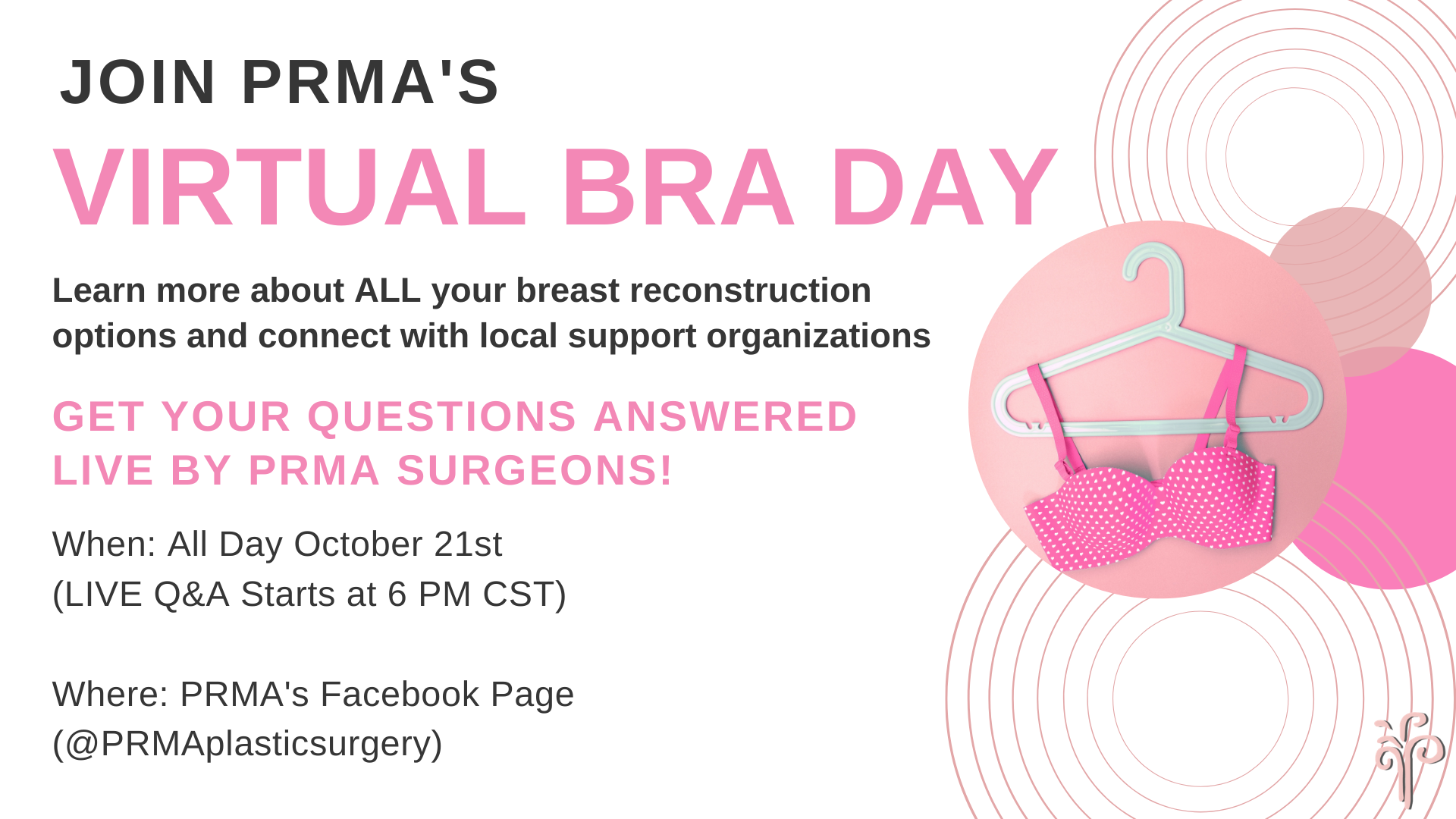
PRMA’s BRA Day Virtual Event Recap
PRMA’s BRA Day Virtual Event Recap September 08, 2020 Share on Facebook Twitter Linkedin Yesterday we celebrated Breast Reconstruction Awareness day! Although we missed seeing everyone in person this year, we were still able to spread education and awareness on ALL reconstructive options through our virtual efforts. We were also able to share information on […]
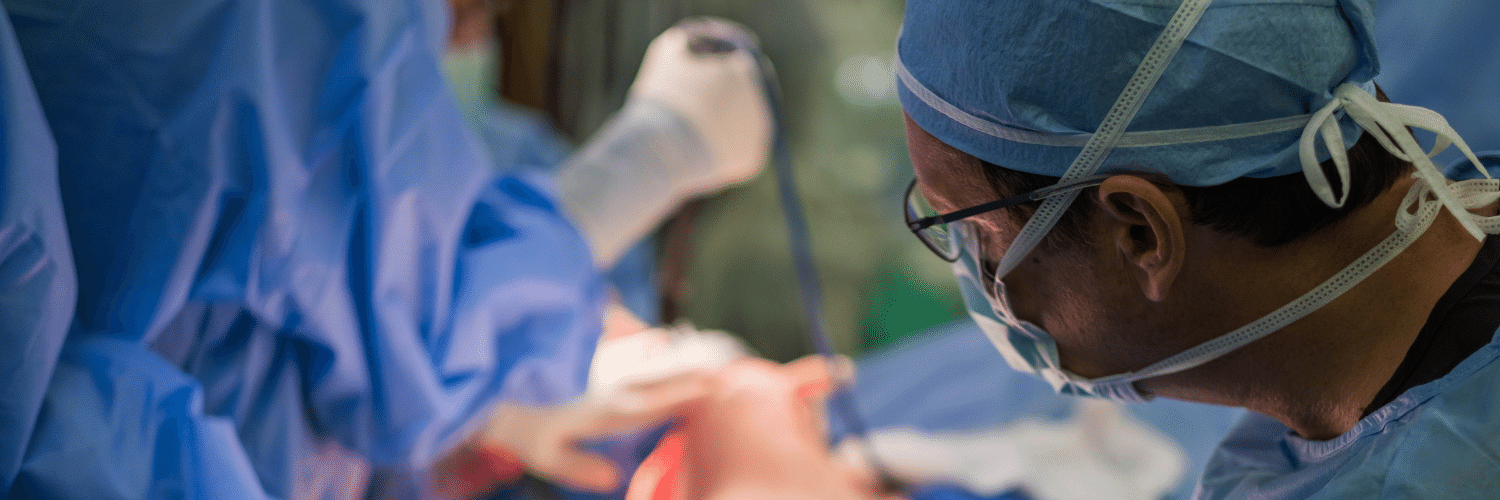
Second Stage DIEP Flap Surgery
Second Stage DIEP Flap Surgery September 08, 2020 Share on Facebook Twitter Linkedin DIEP flap breast reconstruction is typically comprised of at least two stages for the best outcomes. The second stage of surgery is commonly referred to as the “revision” stage and is usually performed about three months after the initial reconstruction. The purpose […]

If ‘Flaps’ Are Such A Great Breast Reconstruction Option, Why Doesn’t Everyone Get Them?
If ‘Flaps’ Are Such A Great Breast Reconstruction Option, Why Doesn’t Everyone Get Them? September 08, 2020 Share on Facebook Twitter Linkedin Flap-based breast reconstruction procedures, like the DIEP flap, offer patients a safe, natural implant-alternative option to reconstruction after a mastectomy. Flap surgeries are permanent and are associated with fewer complications after radiation when […]
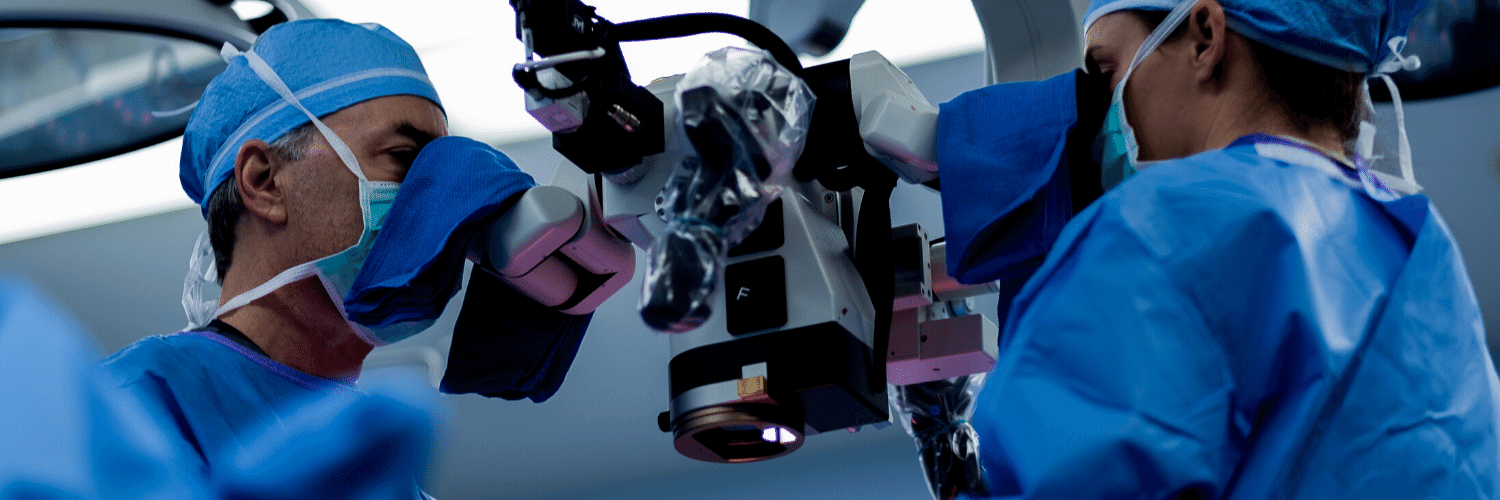
What is a Skin Island and How is it Used in Breast Reconstruction?
What is a Skin Island and How is it Used in Breast Reconstruction? September 08, 2020 Share on Facebook Twitter Linkedin What is a “skin island”? The term “skin island” is used to describe the remaining visible skin from a transplanted “flap” of tissue. In the setting of DIEP flap breast reconstruction, the skin island […]

Comparing APEX Flap and DIEP Flap Breast Reconstruction
Comparing APEX Flap and DIEP Flap Breast Reconstruction August 10, 2020 Share on Facebook Twitter Linkedin We have been receiving numerous inquiries about the “APEX flap” recently. Patients want to know what it is and how it differs from the DIEP flap. APEX is an acronym that stands for “Abdominal Perforator Exchange”. Many patients believe […]
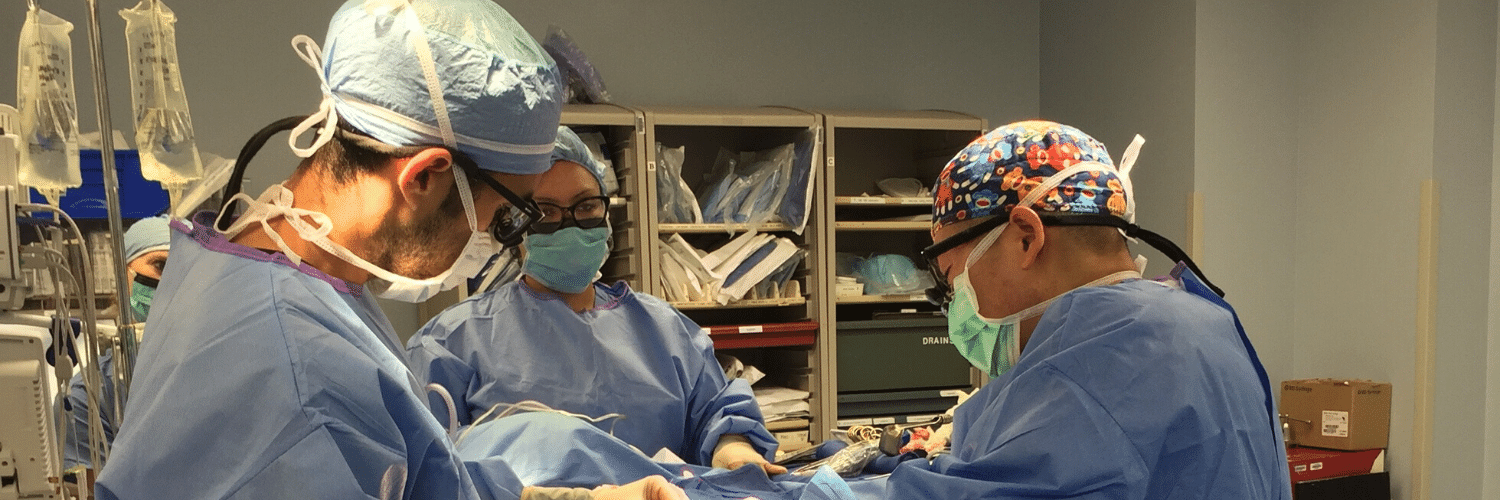
Monitoring the Health of Your Flap During & After Surgery
Monitoring the Health of Your Flap During & After Surgery July 21, 2020 Share on Facebook Twitter Linkedin Autologous flap (or tissue) breast reconstruction procedures represent today’s most advanced options for rebuilding a breast(s) following mastectomy. The most commonly performed method of flap-based reconstruction at PRMA is the DIEP flap. During this procedure, surgeons transplant skin […]
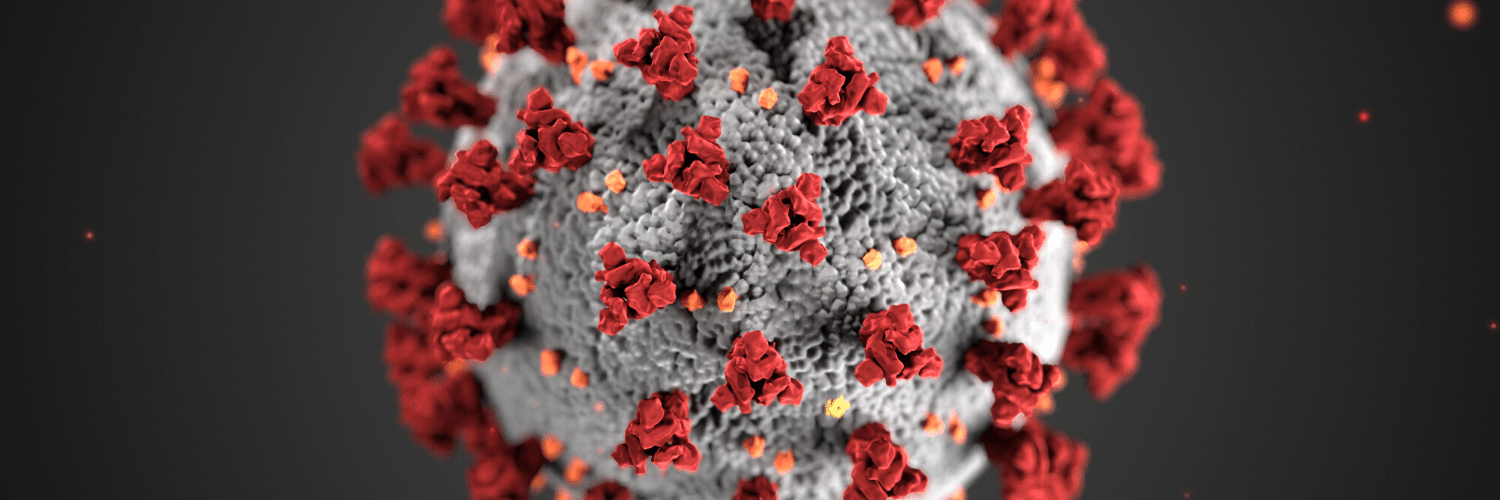
COVID-19 and the Impact on Cancer Patient’s Mortality
COVID-19 and the Impact on Cancer Patient’s Mortality July 21, 2020 Share on Facebook Twitter Linkedin There is still so much we do not know about COVID-19. Likewise, there is little known about how this disease impacts mortality for cancer patients. A study published in The Lancet evaluated and characterized the outcomes of patients with cancer […]

Lymphedema Surgery Live Q&A with Dr. Ramon Garza III
Traveling For Breast Reconstruction is Easier than You May Think

Terri Coutee
Thank you for this valuable and informative blog during the recent reports in the media about BIA-ALCL. I always appreciate the educational outreach PRMA provides.